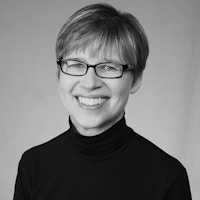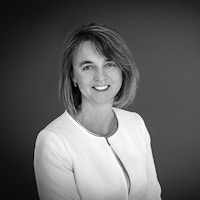Clearly Controversial: Exploring the Benefits and Liabilities of Highly Glazed Facades
- Session at Facade Tectonics Forum: NYC
A growing chorus of voices critical of contemporary architectural practice is pointing to the excessive use of glass in building skins as a primary culprit in the carbon emissions plaguing earth’s atmosphere. New York City Mayor DeBlasio raised the pitch most recently threatening a ban on “…the glass and steel skyscrapers that have contributed so much to global warming.” Building scientists have pointed to the fallibility of the tall glass curtainwall building type. The glass industry points to the significant benefits of glass in daylighting and connection to the outdoor environment. Architects want maximum transparency and minimal sight lines. Occupants want floor-to-ceiling glass. This demand continues to produce buildings with significantly compromised performance, a trend on a collision course with escalating code requirements driven by the pursuit of reduced carbon emissions in the building sector. Balancing the benefits and liabilities of glass in the building skin is the most challenging factor in building design and performance today. Academic and industry thought leaders peel back the layers of the glass onion.
- What are the benefits and liabilities of glass in the building skin and what are the appropriate metrics for their evaluation?
- If glass is good, is more necessarily better? How much glass is enough?
- Are we dealing with a design problem or limitations in facade technology?
- Are carbon-neutral or carbon-negative highly glazed facades technologically possible?
- How far are we from having such technology available and economically competitive?
- What are the challenges and opportunities in developing and implementing more robust and higher performing building envelopes?
Speakers
Stephen Selkowitz
Senior Advisor for Building Science, Lawrence Berkeley National Lab



